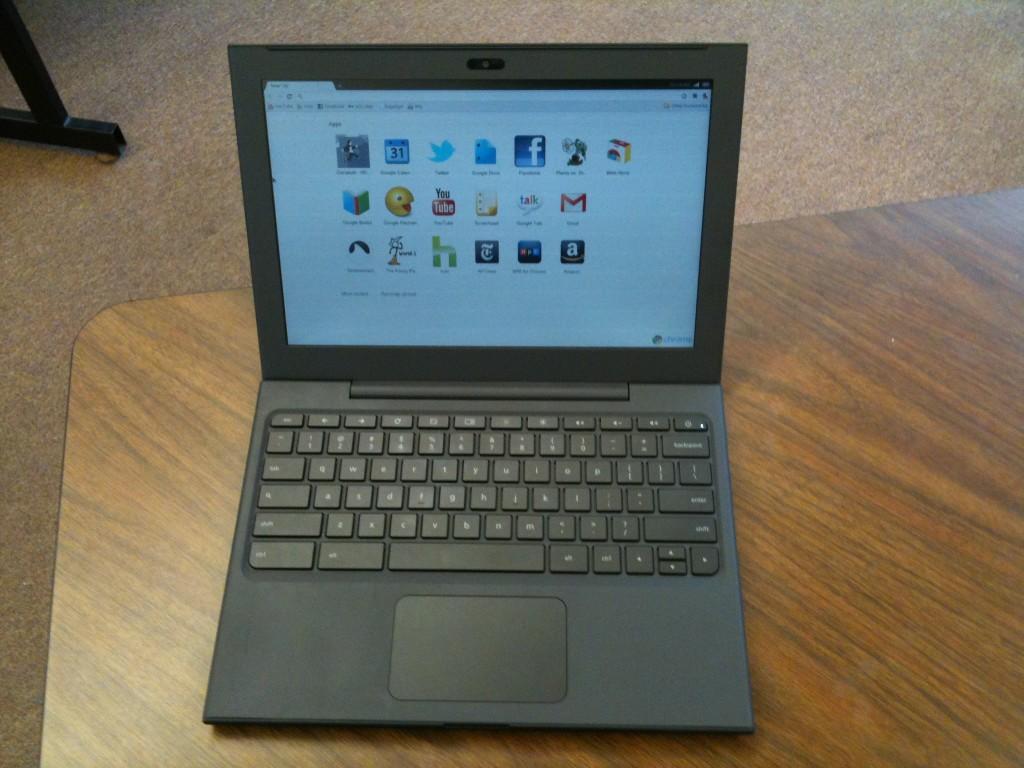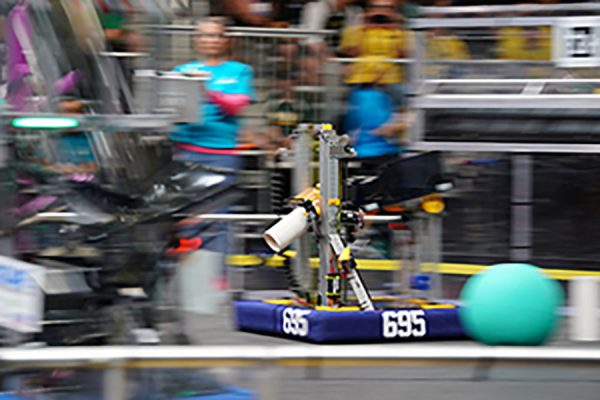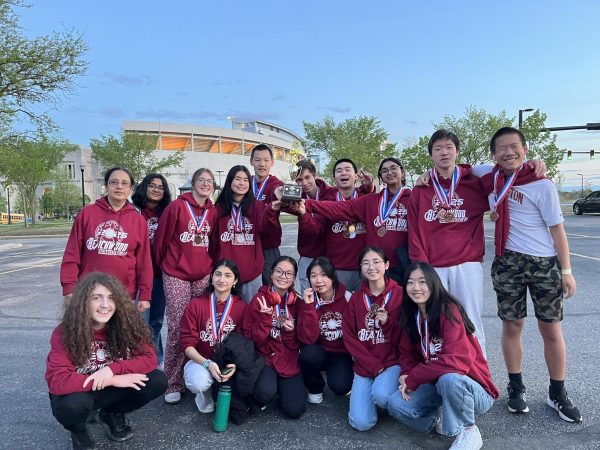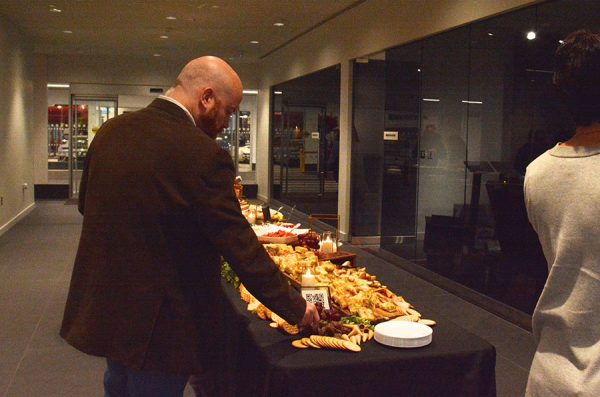With More Technology Comes More Monitoring
“Everyone should be aware that nothing online is completely private,” Director of Curriculum and Technology Ken Veon wrote in an email.
This fall, Beachwood students received Chromebooks to use for school work. What students may not have realized, however, is that computer use on school laptops and on the school’s wireless network can be monitored by the district technology department.
Administrators want students to be aware that the things they do on school-owned devices are not all private.
“Everything (students) do online can be tracked and traced,” said Assistant Principal Ryan Patti.
The school has access to a Chromebook user’s search history, frequent searches, emails and more.
“Our management software gives us the ability to view student internet usage and emails,” Director of Curriculum and Technology Ken Veon wrote in an email.
Veon explained that even if a student deletes his or her search history, what he or she does online can still be uncovered if necessary.
Not only can administrators look at a student’s history, but they can restrict the websites students can access. As students may have noticed, some keywords and websites are blocked on the school wireless network.
“There are certain terms that are considered inappropriate and are blocked by our district filter,” Veon wrote. “But after that, we try to determine which sites are not appropriate for the learning environment or would cause stress on our network.”
Everything on a student’s school-owned Google account can also be monitored. Even when typing in a Google Doc, school authorities can see what students are doing.
“The school district has ownership of (students’ Google Drives), but students would be allowed to download and save all of the files upon graduation or leaving Beachwood,” Veon said.
Students’ posts to social media also might concern administrators, even when posted from home computers. While the school can not monitor social media content posted off-campus, bullying and inappropriate behavior online between students, when brought to administrators’ attention, can be handled by the school.
Administrators encourage students to report incidents of cyber-bullying.
“The best way for us to deal with cyber-bullying still begins with students reporting it to adults in the building,” Ken Veon said.
The 4th amendment of the U.S. Constitution disallows the search of personal property without probable cause. However, the justification for the school’s monitoring of computers maintains that Chromebooks, Google Drive and email accounts–like lockers–belong to the school, and therefore aren’t student property.
In fact, school officials are required to implement oversight to students’ Internet use at school. According to the Children’s Internet Protection Act (CIPA), enacted in 2000, the school must employ an internet safety policy that prevents students from accessing harmful content. Under this law, the school must apply filters that block inappropriate content in order to receive federal discounts for internet access.
“We are required to follow CIPA to ensure student use of the Internet is appropriate,” Veon wrote in an email.
BHS students generally seem to understand the school’s monitoring of laptops.
“(The school) gave us the laptops, so they have the right to monitor our behavior,” said freshman Julia Warner. “If you’re using this as an educational device, they have the right to block things that would not be beneficial to our education, at least while at school.”
According to Patti, students should be responsible online because Chromebooks are an educational resource, and they can be taken away.
“(Laptop use is) a privilege, not a right,” said Patti. If a violation of school rules, either out of school or in, is brought to the school’s attention, disciplinary measures may include the confiscation of laptops or the restriction of their usage.
“Everyone should be aware that nothing online is completely private,” Veon said.
Veon and Patti both emphasized that it is important for students to know that any inappropriate behavior online can be discovered by the school, so they can stay safe, responsible, and appropriate while using these computers.













